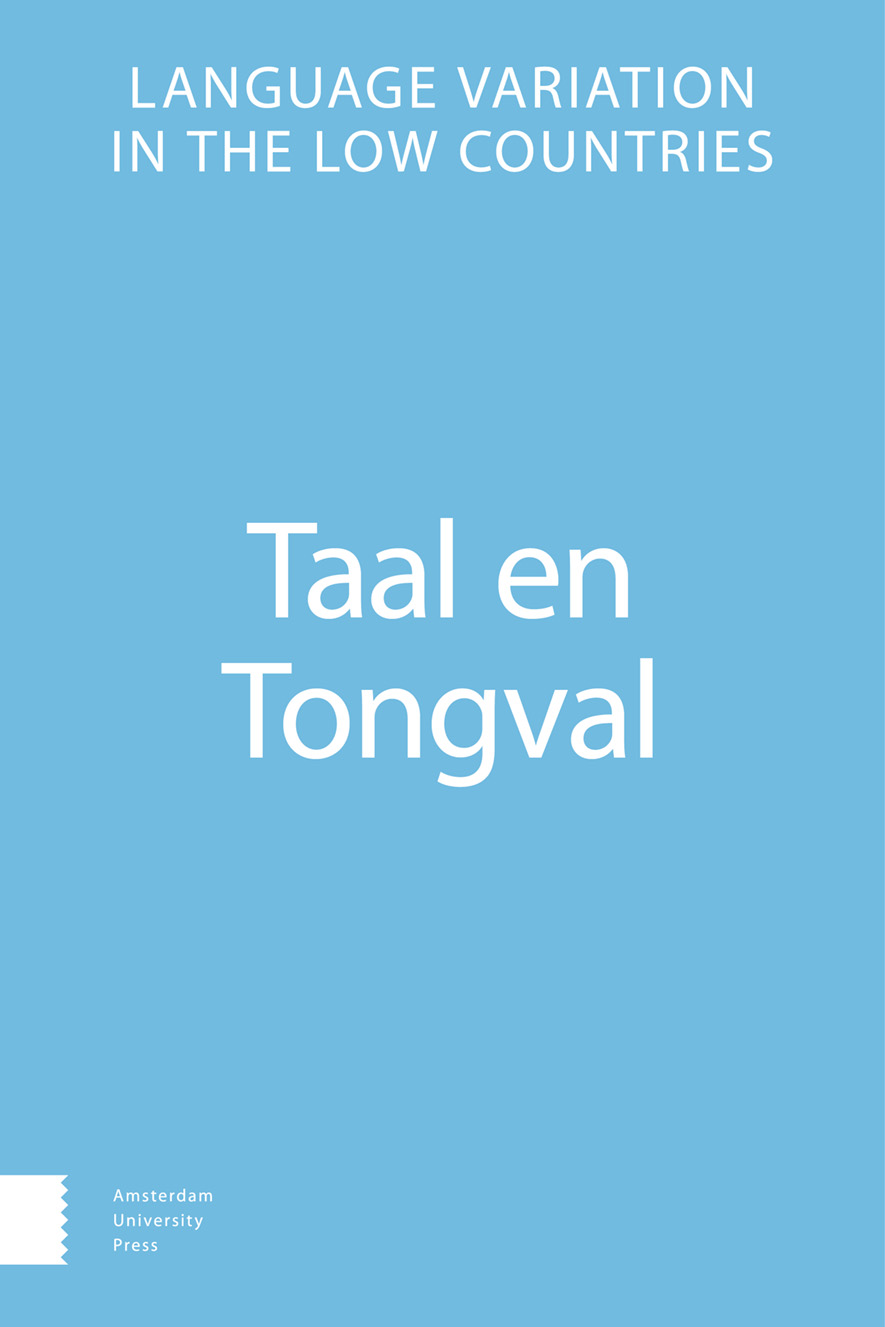- Home
- A-Z Publications
- Taal en Tongval
- Previous Issues
- Volume 68, Issue 2, 2016
Taal en Tongval - Volume 68, Issue 2, 2016
Volume 68, Issue 2, 2016
Language:
English
-
-
oa Studying standard language dynamics in Europe
More LessAuthors: Anne-Sophie Ghyselen, Steven Delarue & Chloé LybaertAbstract This introductory paper provides an outline of the recent research on processes of destandardization and demotization in national standard languages across Europe, with a focus on the standard language dynamics in the Dutch language area. On the basis of a state-of-the-art-description, a number of remaining theoretical and methodological issues are identified, which the papers included in this thematic issue Read More
-
-
-
oa Contemporary Standard Language Change
More LessAbstract This paper discusses in which ways language (de)standardization is an integral aspect of the socio-historical changes which move the Danish speech community (as an exemplary case of European communities with a long history of political independence) from Modernity to Late Modernity. The discussion is based on results from empirical studies of the strength of the Standard Language in terms of facts concerni Read More
-
-
-
oa Destandardization is not destandardization
More LessAuthors: Stefan Grondelaers, Roeland van Hout & Paul van GentAbstract The growing variability in Europe’s standard languages has spawned widely shared accounts of destandardization, as well as premonitions of the death of the very idea of a standard language. In this paper, we propose an alternative to these views by demonstrating that the ‘classical’ standardness criteria (uniformity, prestige, codification) have become too narrow to define standard varieties in our Late Modern era of Read More
-
-
-
oa Doing ‘speaking the (non-)standard’ in the media
More LessAbstract Current third-wave or Speaker Design approaches to sociolinguistic variation hold that speakers may use variation strategically to create certain communicative effects (such as the projection of interactional personas and alignments). This paper explores the implications that such approaches have for empirical research methodology. For this, the discussion draws on a case study of language shifting from standard Read More
-
-
-
oa Standardizing and destandardizing practices at a Flemish secondary school
More LessAbstract1 For a couple of decades now, in Flanders, the functional elaboration of what is generally called tussentaal, i.e. mesolectal language use situated in between (‘tussen’) acrolectal Standard Dutch and basilectal Flemish dialects, has caused increasing concern about the position of Standard Dutch relative to other recognized ways of speaking. This has provoked intense debate about the proper characterization of th Read More
-
-
-
oa Vlaamse gebarentaligen en standaard Vlaamse Gebarentaal
More LessAuthors: Mieke Van Herreweghe & Eva VandemeulebrouckeAbstract Flemish Signers and Standard Flemish Sign Language: embraced or dismissed? This paper focuses on the reported attitudes of Flemish Sign Language (or VGT) signers with respect to Standard(ised) VGT and (varieties of) VGT in the media. Information extracted from interviews with and stimulus fragments shown to ten deaf VGT signers shows that they no longer consider standardization of VGT negatively. However, t Read More
-
Volumes & issues
Most Read This Month
Article
content/journals/00398691
Journal
10
5
false
en

Most Cited Most Cited RSS feed
-
-
oa Taaldiversiteit in Nederland
Authors: Hans Schmeets & Leonie Cornips
-
- More Less

